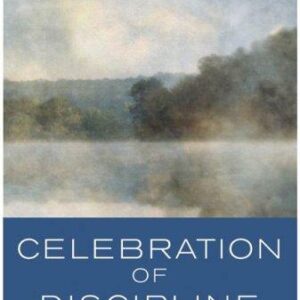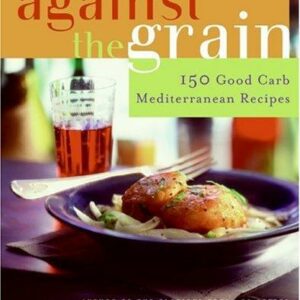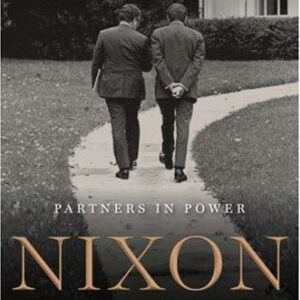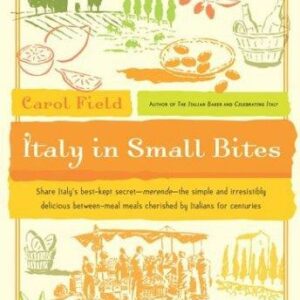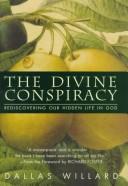Assassinations and Murder in Modern Italy
$110.00
| Title | Range | Discount |
|---|---|---|
| Trade Discount | 5 + | 25% |
- Description
- Additional information
Description
Contemporary Italian history has been marked by an extraordinary series of murders and political assassinations including the killing of the king in 1900 and the assassination of former prime minister Aldo Moro in 1978. This book explores some well- known and some lesser-known assassinations and murders and analyzes them in their historical, political and cultural contexts.
Contemporary Italian history has been marked by an extraordinary series of murders and political assassinations. The shooting of King Umberto in 1900 by an anarchist, the various attempts on the life of Mussolini, the killing of former prime minister Aldo Moro by the Red Brigades in 1978, and the shooting of the student Carlo Giuliani by a policeman during the G8 protests in Genoa in 2001 were all highly controversial events that provoked far-reaching reactions. The contributions to this book explore these and many other Italian true crime and political murder cases. They analyze them in their historical and cultural contexts and explore the films, fiction, theatre and art that they have inspired.
Stephen Gundle is Professor of Film and Television Studies at Warwick University. He is the co-editor of The New Italian Republic: from the Fall of the Berlin Wall to Berlusconi (1995) and author of Between Hollywood and Moscow: the Italian Communists and the Challenge of Mass Culture 1943-91 (2000) and Bellissima: Feminine Beauty and the Idea of Italy (2007). He is also co-author of The Glamour System (2006) and of Mass Culture and Italian Society from Fascism to the Cold War (2007).
Lucia Rinaldi has recently completed her PhD dissertation at Royal Holloway, University of London on postmodernism and identity in contemporary Italian crime fiction. She has published articles on popular fiction and television adaptations of detective fiction. She is at present a Teaching Fellow in Italian at the University of Exeter.
Lucia Rinaldi has recently completed her PhD dissertation at Royal Holloway, University of London on postmodernism and identity in contemporary Italian crime fiction. She has published articles on popular fiction and television adaptations of detective fiction. She is at present a Teaching Fellow in Italian at the University of Exeter.
“A deft and intellectually wide-ranging marshalling of historical, journalistic, legislative and judicial, cinematic, and literary materials read as both primary and secondary sources, and woven together to produce convincing reconstructions of ‘the linkages between public events, and the publicity they receive, and the broader changes that they somehow crystallize or inadvertently reflect.’ In contemporary mass society, this is just the kind of complex reading multiple texts and images that creates consensus and the ‘true story’ of events.”–H-Italy“This collection will prove to be an interesting and useful compendium for Italian undergraduate courses that bear on political culture, history, cultural studies and film. These essays make clear historical connections to both the specific case under analysis and the broader context of the complex dynamics of political forces and alliances at a given time. They bring important attention to how past crimes such as the case of the Cervi brothers or of Carlo and Nello Rosselli have been received and reinterpreted at different times. Indeed, through the dynamics of murder cases, this book highlights how such violent acts always occurred in periods of great political, cultural and social transformation in Italian society.”—Eugenia Paulicelli, Queens College and The Graduate Center, City University of New York “The volume aims to explore some of the most famous cases of murder and analyze them comparatively in their historical, cultural, and political contexts. Arguing that often unresolved cases of murder of assassination have both marked key moments in modern Italian history and served as primary sites for the construction and contestation of historical memory, the pieces do, indeed, provide a cumulative sense that Italy has a unique relationship to the crime mystery.” –Molly Tambor, H-Italy
Re-visiting an Assassination: The Death of Carlo Rosselli–Stanislao Pugliese * Fascists and Fetishes: Clara Petacci and the Masochistic Scene–Elizabeth Leake * What Does It Matter If You Die? The Seven Cervi Brothers–Philip Cooke * Rosi’s Il Caso Mattei: Presenting the Case for Conspiracy–Mary Wood * The Death of Giuseppe Pinelli. Truth, Representation, Memory: 1969-2006–John Foot * The Genoa G8 and the Death of Carlo Giuliani–Duncan McDonnell * The Moro Affair: Interpretations and Consequences–Tobias Abse * From History to Mystery: The Parliamentary Inquiries into the Kidnapping and Murder of Aldo Moro, 1979-2001–David Moss * The Murder of Emanuele Notarbartolo and the Origins of the Mystique of the Mafia–Rino Colucello * Mafia and Antimafia: Sciascia and Borsellino in Vincenzo Consolo’s Lo Spasimo di Palermo–Daragh O’Connell * Chi L’ha Vista? Reflections on the Montesi Case–Karen Pinkus * Pasolini’s Murder: Interpretation, Event- Narratives and Post-Modern Impegno–Robert Gordon * Making a Killing: The “Monster of Florence” and the Trial(s) of Piero Pacciani–Ellen Nerenberg * Fashion Victims: the Gucci and Versace Murders–Stephen Gundle & Lucia Rinaldi * Between True Crime and Fiction: the World of Carlo Lucarelli–Giuliana Pieri * The Anarchist Assassin and Italian History, 1870s to 1930s–Carl Levy * Failed Assassins and Anti-heroes in Wertmuller’s Love and Anarchy–Dana Renga
Additional information
| Weight | 1 oz |
|---|---|
| Dimensions | 1 × 6 × 9 in |



